Activism: Women's Rights

Miriam Waltzer
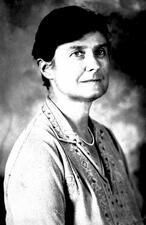
Gertrude Weil
A dedicated activist for women’s rights and racial equality, Gertrude Weil showed that local, small-scale political action could have far-reaching effects. Her decision to associate herself with a relatively radical social and political agenda was unusual for a southern woman and even more uncommon for a southern Jew. Weil, however, strayed from this norm, because she believed that women had a responsibility to participate in the political process.

Anita Weinstein
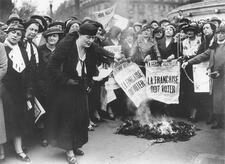
Louise Weiss
Considered an architect of European unity, Louise Weiss is best known for her campaigns on behalf of the peaceful resolution of international conflicts during the interwar years and the Cold War. She also worked on behalf of Jewish refugee rights in the late 1930s and was a leading feminist activist who focused on obtaining the right for French women to vote.
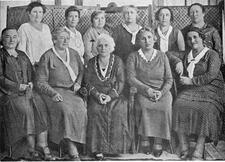
Rosa Welt-Straus
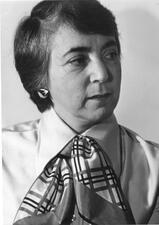
Barbara Mayer Wertheimer
Barbara Mayer Wertheimer gave a voice to the voiceless, empowering thousands of women union workers through her initiatives in the late 20th century. Wertheimer established the trade union women’s studies program in 1972 and developed several other academic programs, giving working women access to education and the ability to interact and organize with other union workers.
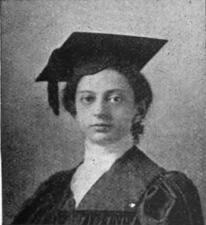
Rosalie Loew Whitney

Cora Wilburn
Cora Wilburn was one of the most prolific American Jewish women writers of her time. Much of her work appeared in secular and Spiritualist publications, but during her final decades she published poetry in Jewish publications. Her autobiographical novel, Cosella Wayne, published serially in 1860, is the first coming-of-age novel to depict Jews in the United States.
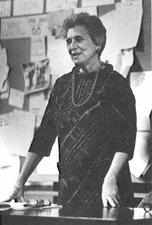
Pearl Willen
Pearl Willen was a twentieth-century social and human welfare activist and communal leader with a love for Jewish heritage. She had a lifelong record of service for such causes as civil rights, women’s rights, and the rights of workers.
Belle Winestine

WIZO in Israel: 1970-2005
Frances Wolf
Frances Wolf was a pioneering lawyer who pushed for women’s bar admission in the early twentieth century. Of the approximately eighty women who were instrumental in opening up the legal profession for women in the United States, Frances Wolf was the first Jewish woman in that very select group.
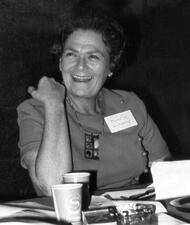
Myra Wolfgang
Rosi Wolfstein-Fröhlich
Rosi Wolfstein’s life constituted a battle against war, racism, and social injustice. She worked with other socialist political figures such as Rosa Luxemburg, helped found the Independent Social Democratic Party, and was a representative for the German Communist Party. Despite having to flee to the United Stattes during World War II, Wolfstein returned to Germany and remained active in party and workplace politics until her death.
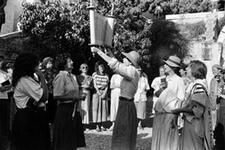
Women of the Wall

Women’s Service in the Israel Defense Forces
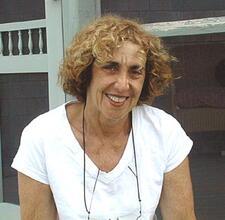
Judy Frieze Wright



